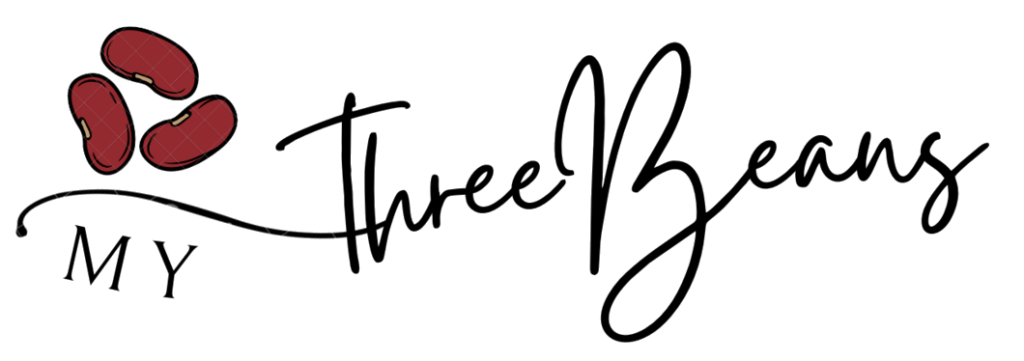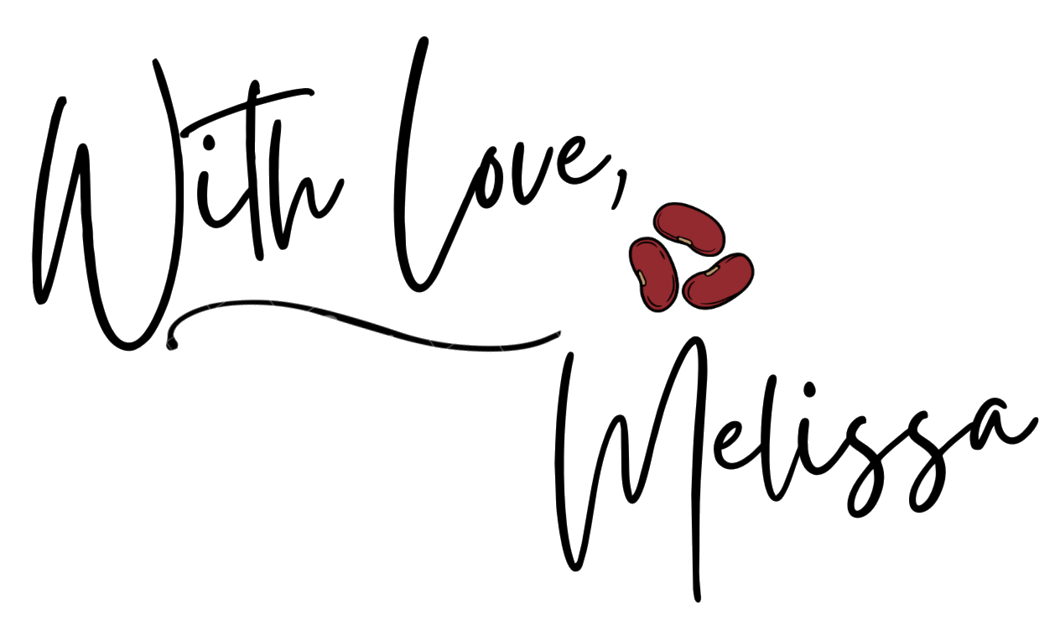
Photo by August de Richelieu
Sharing a diagnosis is just as unique of an experience as GETTING a diagnosis.
PLEASE NOTE: Everyone is going to have their own experience with this. ❤️
It all comes down to dynamics, your culture, your child, and all the other fantastic ingredients that make a family. You may even find that this is true with your immediate family, not just your extended family.
The diagnosis can be big and scary.
It can evoke emotions in loved ones, especially if they don’t really understand what the diagnosis means.
For some, putting a diagnosis on a child means that they have some terminal label that will haunt them for the rest of their lives (although, this is TOTALLY not true).
Nevertheless, sharing a diagnosis can be scary.
It can put you in a position of feeling as though you have to convince your family to see what you see, to know what you know about your child. That doesn’t mean that you shouldn’t share it and be proud of who your child is.
In fact, there are some things you can do to help make it a little easier on yourself.
- Focus on the facts. Remember that everyone will have an opinion. You may have some family members that don’t want to hear that there is a diagnosis. They want to believe nothing is “wrong”. Remind them that an autism diagnosis is not an indicator that anything is wrong, it simply is a term that defines certain characteristics that have been noted by an evaluator. That’s it. It qualifies them for services that will help them, and that’s all that needs to be focused on. It makes it less of a mystery, and more manageable.
- Be intentional. In some cases, family members may want you to consider alternatives. They may want you to delay a diagnosis, reject services, get a second opinion, etc. They may not be wrong, or they may be giving advice that could delay your child’s progress due to a sense of pride. You are the one that has to filter the information. When you receive it, analyze it and go with what works best for you and your child. Understand that they are speaking out of love and concern, but it is you who knows your child best and it is you who will be responsible for their care and advocacy.
- Share when you think the time is right. There is no right or wrong time. I shared my entire journey with my family, so they knew from the moment I suspected that my son had autism. They knew when I went through the diagnostic process. That doesn’t mean you have to share the same way. You can share when you feel the time is right, IF you feel the time is right. Family is about love and support, and your ONLY concern is for the best interest of your child. If you feel in any way hesitant or reluctant to share, remember that you do not have to. There are times to this day that I share my son’s diagnosis with some people and not with others. Your gut is a powerful thing, and it knows when to take action in your child’s best interest.
- Love in the present. If you have family members who are not ready to accept the diagnosis or do not agree, remember the power of loving people where they are at. They may not accept the diagnosis, but this is likely because they don’t know the facts or don’t understand. This is not a reason to react in anger toward them. They may think that your child’s demeanor has to do with parenting styles, what you did or didn’t do – it doesn’t matter. You can respond with an attitude of “Maybe you’re not ready for this information. I love you, but I have to take action on what’s right for my child”.
- Be a sieve. Another word might be a colander. A strainer. A filter. Be open enough to hear different opinions, but let the good stuff stick and the not helpful stuff drip right out. This is part of being intentional. Let me tell you, the way I choose to parent my child is VERY different from the militant, gung-ho, “you eat what we eat”, “No play until chores are done” type of parenting that my generation went through. In fact, it could be seen as pretty hippie dippie. But that’s okay. I take in people’s thoughts and advice. I hold on to what I think is helpful and I let the rest slide out. When your child has a diagnosis, it’s almost NEVER anything to do with your parenting. That is a piece of advice that can slide right down the drain. It also probably has nothing to do with how much screen time your child has in a given day. Down the drain. There are some thoughts on there on what could physiologically and nutritionally contribute to autism – let the stuff that resonates with you stick and the rest slide out. Once you share a diagnosis, people have lots of opinions. They’re well-meaning opinions, but there are lots of them. And I mean LOTS. I’ve once been told that my son probably had autism because of what I ate during pregnancy, the fact that I used an epidural and the fact that I didn’t nurse. Is it true? I have no way of knowing. But doing my own research and letting certain facts stick helped me better navigate how to help him here and now. Other people can make the diagnosis overwhelming. Life gets much easier when you are open to hearing, but not every opinion sets up shop in your headspace.
What I want to stress the most is that you can share when you are READY.
(I know the holidays are right around the corner and if you are nervous about the overstimulation or a meltdown, read this blog post.)
Family is important, but only if its community-building and creating a village to raise your child in.
Ultimately, you will know best and the most important people are you and your child.💙
Sincerely,
Melissa
If you’d like to join our free community for support and resources you can join here!


Leave A Comment